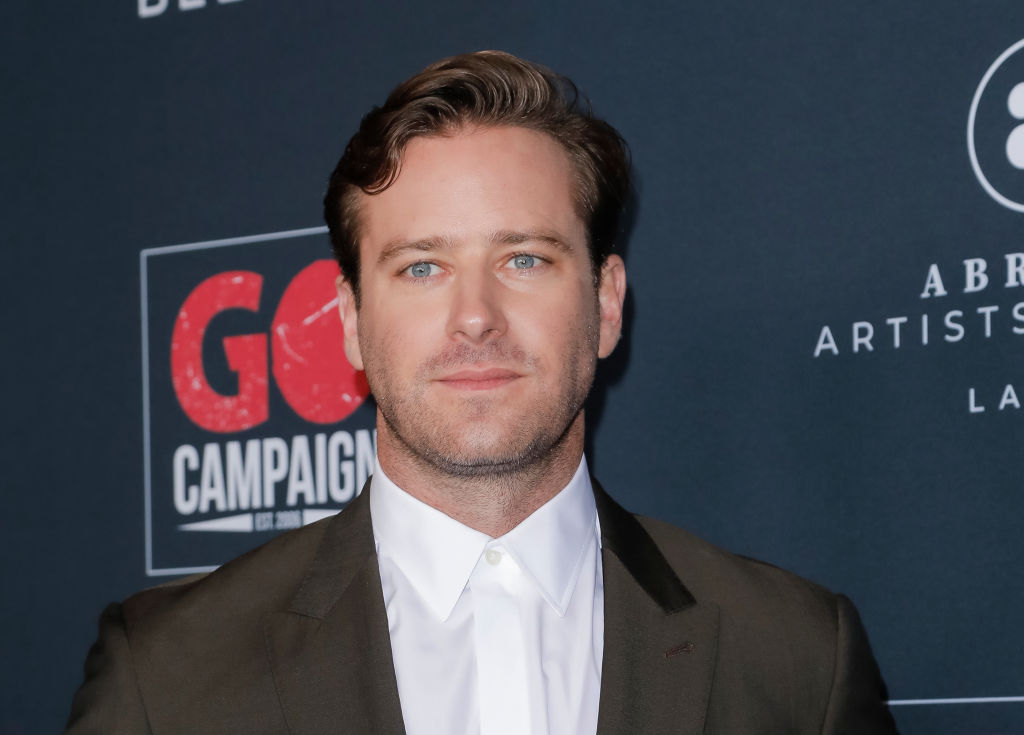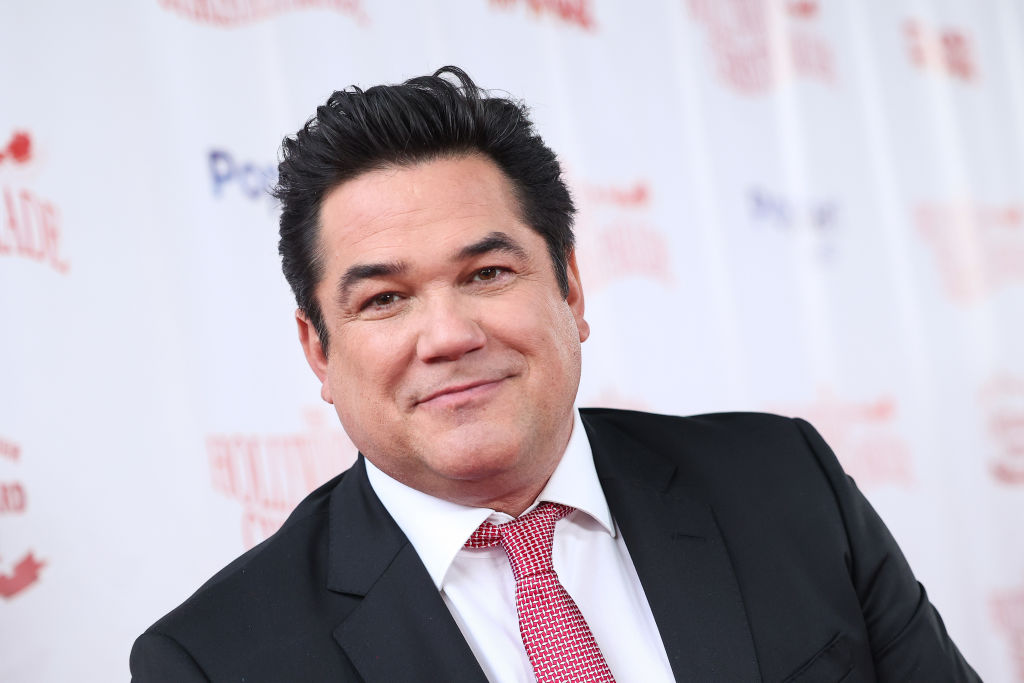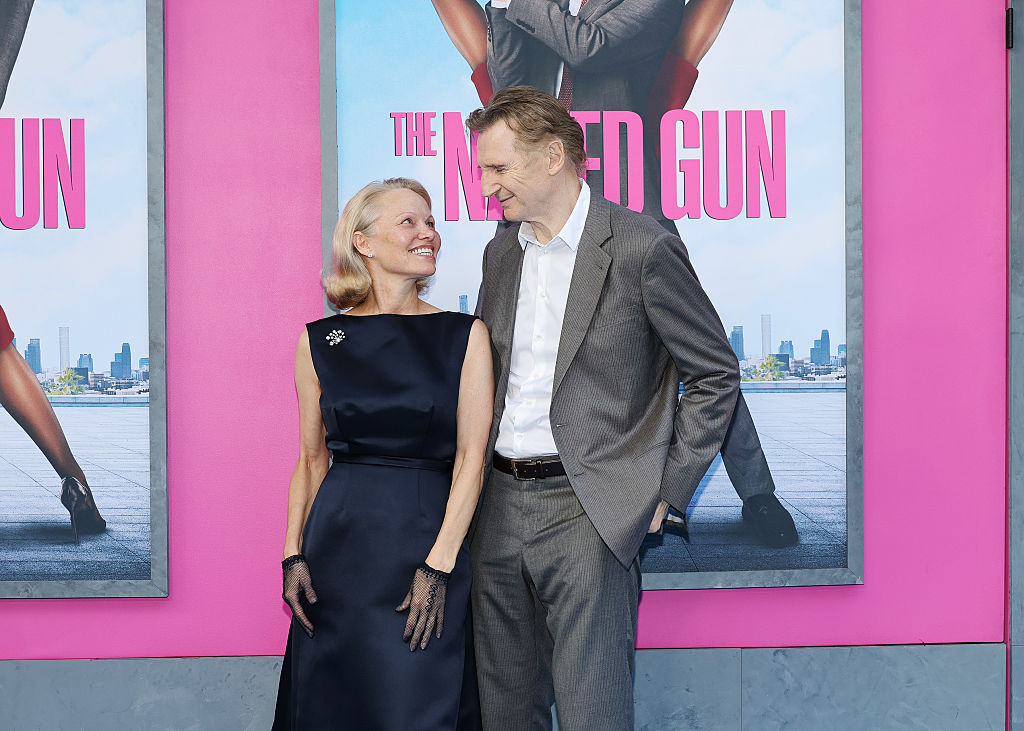When someone compiles the history of 21st-century Hollywood, the section devoted to Armie Hammer will be one of the most bizarre. “Handsome leading man, came to prominence playing twins in The Social Network, a film about a forgotten invention known as Facebook. Most of the films he was subsequently cast in flopped, despite often being quite good. Amidst allegations of sexual assault and worse, it was then revealed that he had a cannibalism fetish, and that was the end of his acting career.”
Yet canceled Hollywood figures often refuse to stay canceled these days. Think of Kevin Spacey, putting his impending trial for sex offense charges out of mind as he was awarded a Lifetime Achievement gong by Italy’s National Museum of Cinema, or Joss Whedon, who admittedly all but buried himself again in a would-be exculpatory interview with Vulture last year. And so last weekend Hammer took what might have been his first faltering steps to a comeback with a lengthy interview in Graydon Carter’s Air Mail, discussing what’s happened since those career-destroying cannibalism revelations.
Hammer revealed that he considered suicide-by-shark in the Cayman Islands: “I just walked out into the ocean and swam out as far as I could and hoped that either I drowned or was hit by a boat or eaten by a shark.” He also declared that thanks to rehab and therapy, “I’m here to own my mistakes, to take accountability for the fact that I was an asshole, that I was selfish, that I used people to make me feel better, and when I was done, moved on. I’m now a healthier, happier, more balanced person.”
So far, so redemptive. One can almost see the Hollywood adaptation of the saga, not least because Hammer revealed that he has a troubled past, having been molested at the age of thirteen by a youth pastor at his church. As he said, “I want to have control in the situation, sexually… because being out of control was very dangerous for me and very uncomfortable.” Yet he also put down a couple of markers. The first was to dispute the veracity of what one of his accusers, “Effie,” had said, claiming the two had had a “consensual non-consensual” encounter. Or, in other words, Hammer and his accuser had acted out a rape fantasy together. Grim, perhaps, but not illegal, despite her accusations.
The second may have broader repercussions. Hammer confirmed the industry rumors that Robert Downey Jr., who had his own notorious difficulties with the law before his current A-list status, had acted as his sponsor, paying for his therapy and even giving his fellow actor a place to live for a while. He then turned on the industry that had once given him such high-profile roles:
And that, I feel like, is what’s missing in this cancel-culture, woke-mob business. The minute anyone does anything wrong, they’re thrown away. There’s no chance for rehabilitation. There’s no chance for redemption. Someone makes a mistake, and we throw them away like a broken disposable camera. Robert and others are examples of what it looks like for a human being to experience pain and then growth. And that aspect of it is something that I aspire to.
In his attack on the cruel “woke-mob,” Hammer joins a small but influential band of actors, including Downey Jr. and Mel Gibson, whose conservative (or at least anti-woke) political views stand against the current trend. It may well be that Hammer no longer believes he has a future in the business and so doesn’t care what he says anymore. Not only does his attack have a pained echo of Willy Loman in Death of A Salesman (“A man is not a piece of fruit!”), but it might reflect a growing belief that the performative cancelation of transgressors in the entertainment business has gone too far.
Many might have sighed when they read Hammer’s happily-ever-after statement: “I’m truly grateful for my life and my recovery and everything. I would not go back and undo everything that’s happened to me”; most of us would rather not be called a cannibal across global media. But if the actor does find himself creeping back into favor once again, it will be yet another indication that the once-almighty power of cancel culture is slowly losing its iron grip on Hollywood.

























